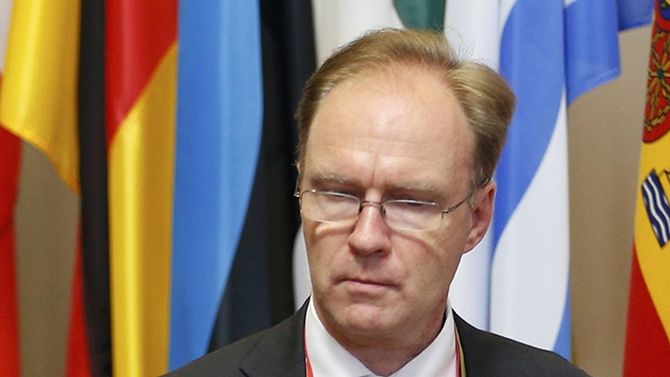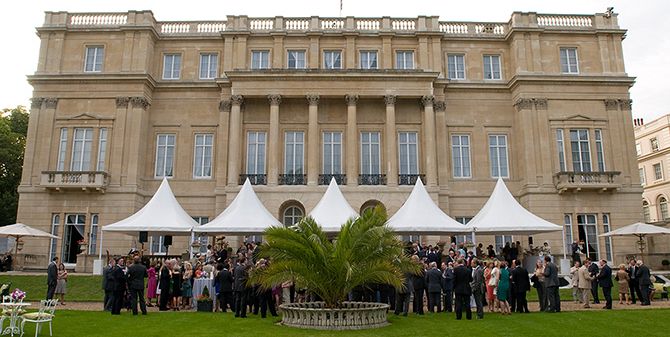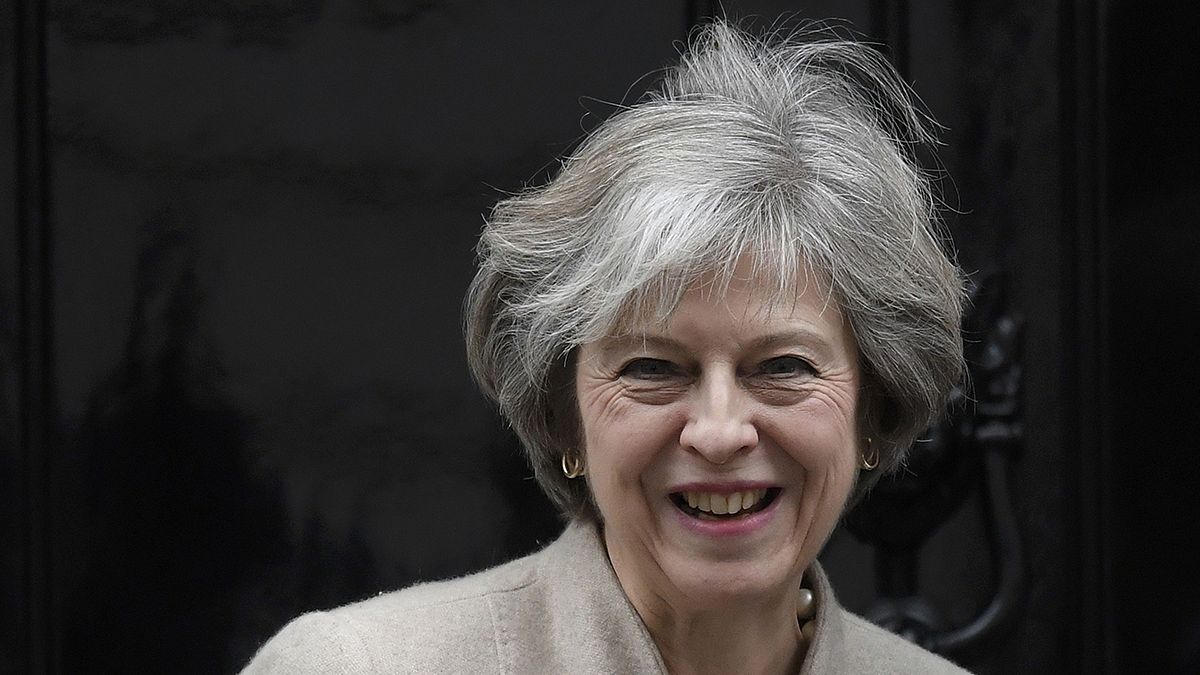UK Prime Minister Theresa May will give more concrete details about her plans for the country’s exit from the European Union in a hotly-anticipated speech on Tuesday.
UK Prime Minister Theresa May will give more concrete details about her plans for the UK’s exit from the European Union on Tuesday.
“She will be making a speech on Tuesday setting out more on our approach to Brexit as part of preparing for the negotiations,”a Downing Street spokeswoman has told reporters.
May is due to make the hotly-anticipated speech before an audience of senior officials including foreign diplomats and the UK’s own Brexit negotiating team.
Is there a plan?
Some commentators say there does not seem to be one.
Sir Ivan Rogers is the most extreme example.
He was the UK’s most senior representative at the EU and warned of the government’s “muddled thinking” at the time of his shock resignation earlier this month.

A united Britain?
Insiders say May will use the speech to call on UK citizens to reject the acrimony of last year’s EU referendum and unite around the vision of a new Britain more open to the world.
“Now, we need to put an end to the division and the language associated with it – ”Leaver”and “Remainer” and all the accompanying insults – and unite to make a success of Brexit and build a truly global Britain,” May is expected to say.
The UK voted for Brexit by 52% to 48% last June, after a deeply divisive campaign.
A global Britain?
The speech is also expected to outline how the British leader wants to see a “global” Britain after the country leaves the EU.
It will be delivered at Lancaster House in London.

The imposing Foreign Office property is close to Buckingham Palace and has hosted numerous international summits.
Downing Street says the choice of venue is meant to underline May’s theme of a global Britain.
When will the negotiations start?
May intends to kick off the formal process of negotiating the terms of Britain’s exit from the EU by the end of March.
However, not much information has been given away about the terms the UK is seeking, which is causing frustration among:
- investors
- businesses
- lawmakers
Financial markets will be listening to the speech closely for information about which goals she will prioritise.
The problem
The EU is likely to insist on freedom of movement for EU citizens in return for full access to the single market.
However, many of those who voted for Brexit did so precisely in order to be able to restrict immigration.
No “cherry picking”
Theresa May has repeatedly said she will not reveal her Brexit negotiating strategy before triggering Article 50 of the EU’s Lisbon Treaty.
This is expected to happen by the end of March.
She has said she wants Britain to regain control over immigration, restore its sovereignty and also establish the best possible trading relations with the EU.
The single market emerged from the 1992 Maastricht Treaty on European integration. This enshrines the EU’s “four freedoms” – the movement of goods, capital, people and services.
Senior EU leaders have warned the UK there can be no “cherry picking”. German Chancellor Angela Merkel has urged the remaining 27 EU member states not to allow themselves to be divided.

What the people think – Euronews fact check
Public are split 40%/37% on whether govt wants a Hard or Soft Brexit – but 42% have no idea what Brexit Labour wants https://t.co/5WEZoAYlsFpic.twitter.com/sKD4CCYBpu
— YouGov (@YouGov) January 16, 2017
Recent research suggests most people in the UK say they are clear on what they think the government wants.
However, they are split on what that is.
One in five UK citizens say they don’t know what the government’s Brexit priorities are.
The rest are relatively split on what the government is trying to achieve.
Most people believe the government is working towards a so-called “Hard Brexit”: one in which the UK regains full control over how the country is governed and who can live there, even if this means not having a free trade relationship with the EU.
Four out of ten people think this is the case.
Read the full analysis here
